Best Gas Mileage SUVs: Non-Hybrid Edition

Did you know that some non-hybrid SUVs can achieve fuel economy ratings of over 30 mpg combined? This may come as a surprise to many who assume hybrids are the only way to get great gas mileage in an SUV. In this article, we’ll explore the most fuel-efficient non-hybrid SUVs on the market today and provide tips for maximizing your fuel economy.
Introduction
Why Non-Hybrid SUVs?
While hybrid SUVs often top the charts for fuel efficiency, many buyers prefer non-hybrid models for various reasons. These may include lower upfront costs, simpler maintenance, and personal preferences for traditional powertrains. Non-hybrid SUVs have made significant strides in fuel efficiency in recent years, offering a compelling alternative for eco-conscious drivers who aren’t ready to make the switch to hybrid or electric vehicles.
The Importance of Fuel Efficiency
Fuel efficiency is a crucial factor for many SUV buyers. With rising gas prices and growing environmental concerns, choosing a vehicle that sips fuel rather than guzzles it can lead to significant savings at the pump and a reduced carbon footprint. The best gas mileage SUV non hybrid options provide a balance between the versatility and space of an SUV and the fuel economy typically associated with smaller vehicles.
How We Ranked These SUVs
To determine the top non-hybrid fuel sippers, we’ve considered several factors:
- EPA fuel economy ratings (city, highway, and combined)
- Real-world fuel economy reports from owners
- Vehicle size and practicality
- Overall value proposition
It’s important to note that while we focus on fuel efficiency, other factors like safety, reliability, and features also play a crucial role in the overall ownership experience.
Top Non-Hybrid Fuel Sippers
2024 Nissan Kicks

The Nissan Kicks stands out as one of the most fuel-efficient non-hybrid SUVs available. This subcompact crossover offers:
- EPA-estimated fuel economy: 31 mpg city / 36 mpg highway / 33 mpg combined
- 1.6-liter four-cylinder engine producing 122 horsepower
- Continuously Variable Transmission (CVT) for smooth operation
- Front-wheel drive only
The Kicks achieves its impressive fuel economy through a combination of lightweight construction, aerodynamic design, and an efficient powertrain. While it may not offer the most powerful engine in its class, the Kicks provides ample performance for city driving and highway cruising.
2024 Kia Soul

The boxy Kia Soul proves that unique styling doesn’t have to come at the cost of fuel efficiency. Key features include:
- EPA-estimated fuel economy: 28 mpg city / 33 mpg highway / 30 mpg combined (with base engine)
- 2.0-liter four-cylinder engine with 147 horsepower
- Available turbocharged engine for those seeking more power
- Spacious interior despite compact exterior dimensions
The Soul’s fuel economy numbers may not top the charts, but its combination of efficiency, practicality, and distinctive design make it a popular choice among budget-conscious buyers.
2024 Volkswagen Taos
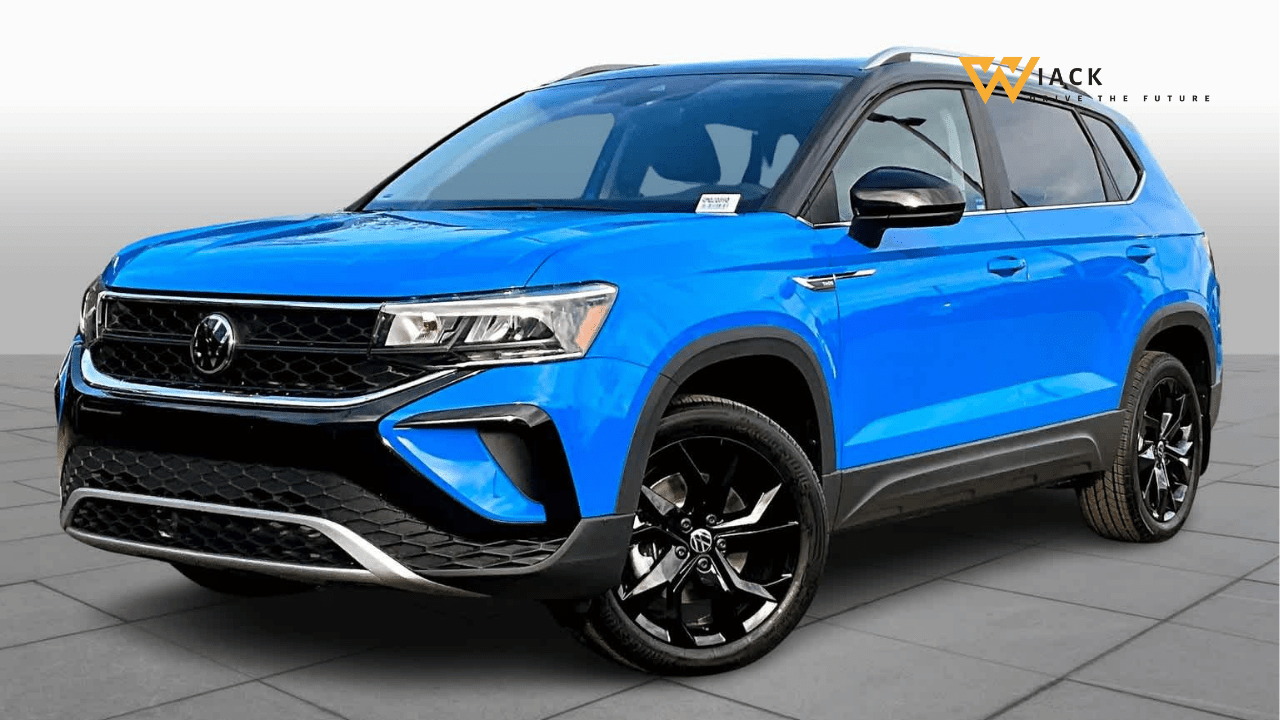
Volkswagen’s entry in the compact SUV segment, the Taos, offers European styling and impressive fuel economy:
- EPA-estimated fuel economy: 28 mpg city / 36 mpg highway / 31 mpg combined (FWD model)
- 1.5-liter turbocharged four-cylinder engine with 158 horsepower
- Available all-wheel drive (with slightly lower fuel economy)
- Spacious interior for its class
The Taos demonstrates that you don’t have to sacrifice performance or interior space to achieve good fuel economy. Its turbocharged engine provides a good balance of power and efficiency.
2024 Hyundai Venue
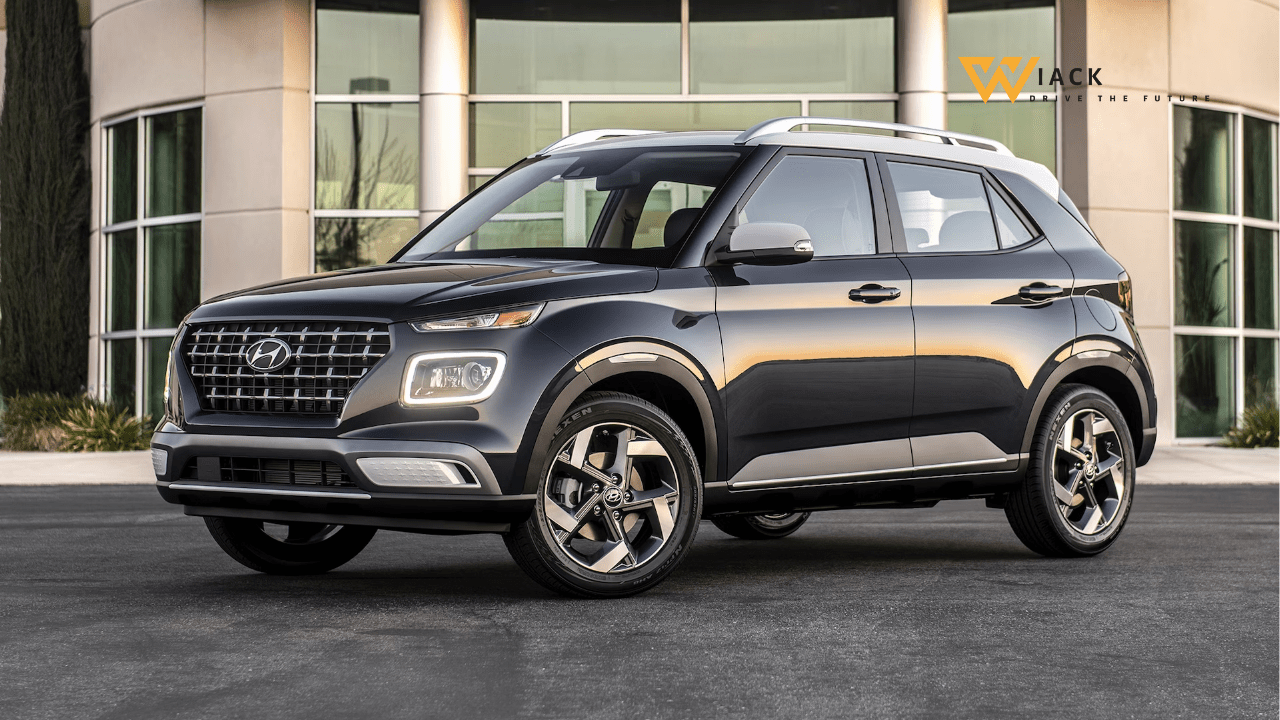
The subcompact Hyundai Venue is another strong contender in the fuel-efficient SUV category:
- EPA-estimated fuel economy: 29 mpg city / 33 mpg highway / 31 mpg combined
- 1.6-liter four-cylinder engine with 121 horsepower
- Standard features include an 8-inch touchscreen and automatic emergency braking
- Affordable starting price
While the Venue may not offer the most spacious interior or the most powerful engine, its combination of fuel efficiency, modern features, and attractive pricing make it a compelling option for urban dwellers and first-time car buyers.
2024 Toyota RAV4
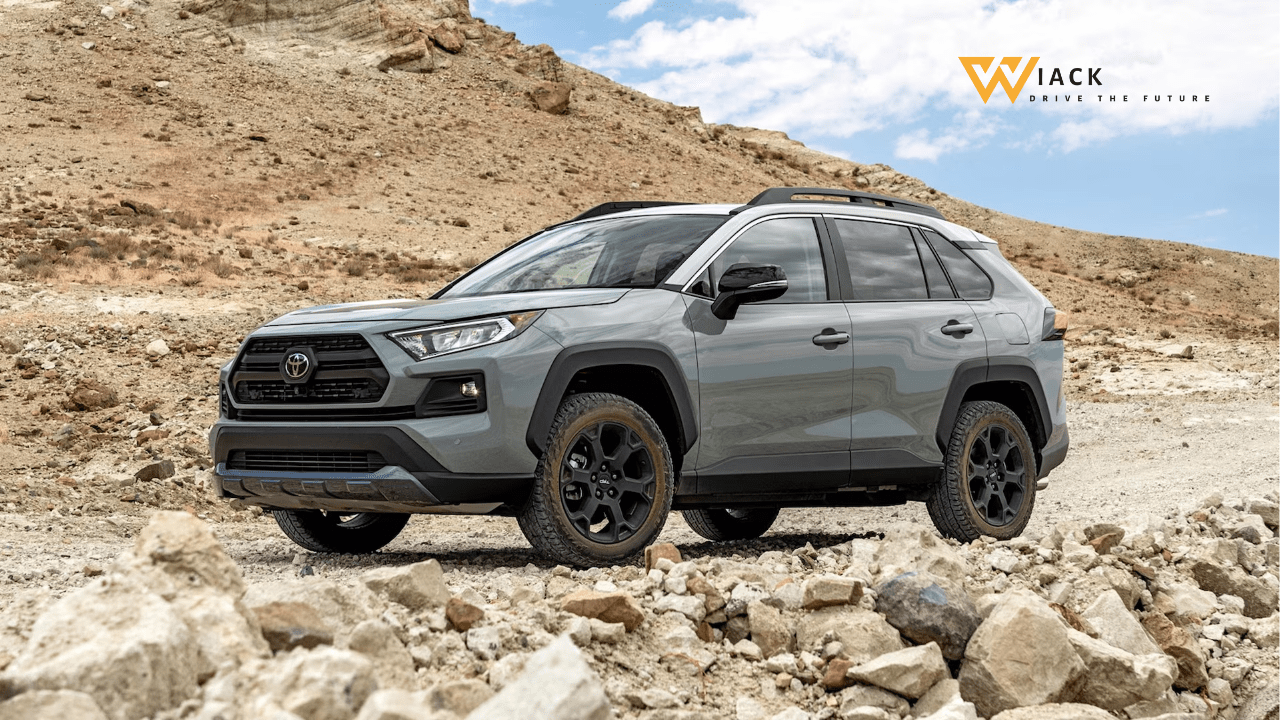
The Toyota RAV4 is one of the best-selling SUVs in America, and its non-hybrid version offers respectable fuel economy:
- EPA-estimated fuel economy: 27 mpg city / 35 mpg highway / 30 mpg combined (FWD model)
- 2.5-liter four-cylinder engine with 203 horsepower
- Available all-wheel drive
- Spacious interior and cargo area
While the hybrid version of the RAV4 offers even better fuel economy, the standard gasoline model still provides an excellent balance of efficiency, space, and reliability that Toyota is known for.
2024 Honda CR-V
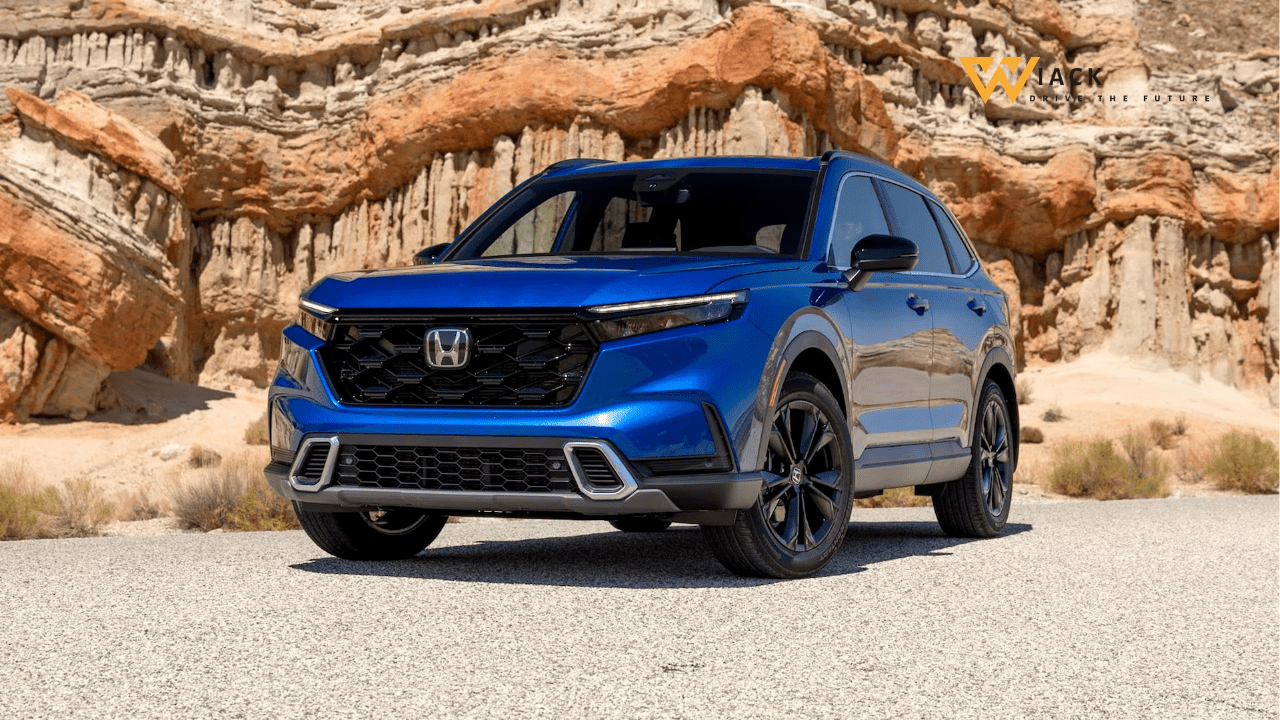
The Honda CR-V is another popular compact SUV that offers good fuel economy in its non-hybrid form:
- EPA-estimated fuel economy: 28 mpg city / 34 mpg highway / 30 mpg combined (FWD model)
- 1.5-liter turbocharged four-cylinder engine with 190 horsepower
- Available all-wheel drive
- Comfortable ride and handling
The CR-V’s turbocharged engine provides a good balance of power and efficiency, while its spacious interior and reputation for reliability make it a favorite among families.
2024 Chevrolet Trailblazer
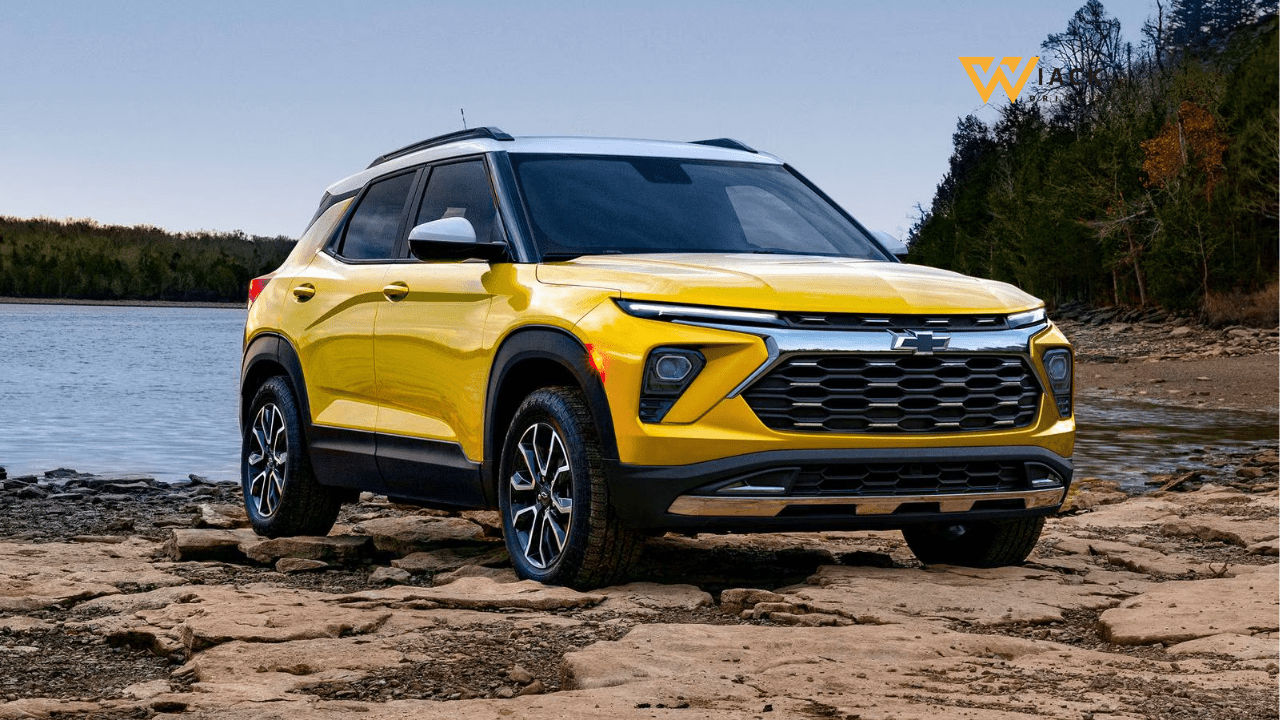
The Chevrolet Trailblazer is a subcompact SUV that offers surprisingly good fuel economy:
- EPA-estimated fuel economy: 29 mpg city / 33 mpg highway / 31 mpg combined (FWD model with 1.3L engine)
- Choice of 1.2-liter or 1.3-liter turbocharged three-cylinder engines
- Available all-wheel drive
- Modern styling and tech features
The Trailblazer’s small turbocharged engines help it achieve impressive fuel economy without sacrificing too much in terms of performance or practicality.
2024 Kia Seltos
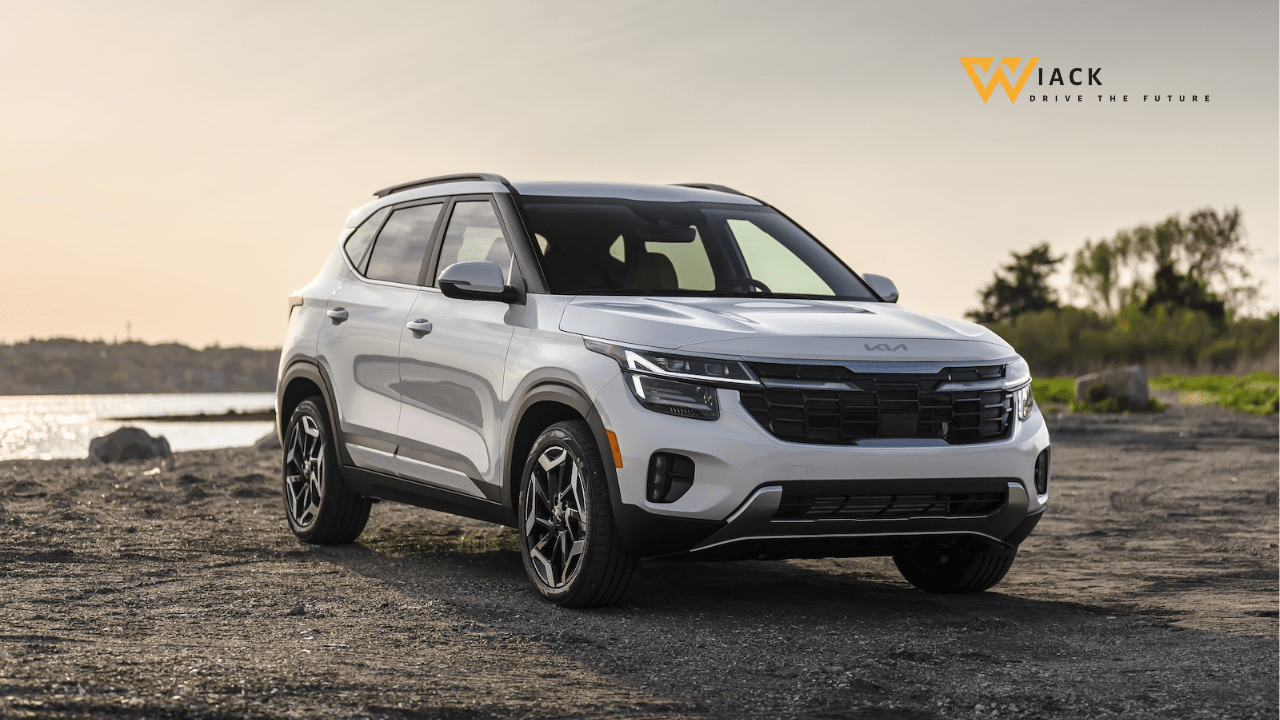
Rounding out our list is the Kia Seltos, a compact SUV that offers a good balance of efficiency and features:
- EPA-estimated fuel economy: 29 mpg city / 35 mpg highway / 31 mpg combined (FWD model with 2.0L engine)
- Choice of 2.0-liter naturally aspirated or 1.6-liter turbocharged engines
- Available all-wheel drive
- Upscale interior for its class
The Seltos provides good fuel economy, especially with its base engine, while offering a more premium feel than some of its competitors.
Factors Affecting Fuel Economy
Understanding the factors that influence fuel economy can help you make an informed decision when choosing an SUV and maximize your vehicle’s efficiency once you own it.
Engine Size and Type
Generally, smaller engines tend to be more fuel-efficient than larger ones. Many of the SUVs on our list use four-cylinder engines, with some even featuring three-cylinder turbocharged engines. Turbocharging allows manufacturers to use smaller engines without sacrificing power, often resulting in better fuel economy.
Transmission Efficiency
The type of transmission can significantly impact fuel economy. Many of the most efficient non-hybrid SUVs use Continuously Variable Transmissions (CVTs), which can provide better fuel economy than traditional automatic transmissions. However, some drivers find CVTs less engaging to drive, so it’s important to test drive vehicles with different transmission types to find your preference.
Aerodynamics
The shape and design of an SUV can greatly affect its fuel efficiency. Vehicles with better aerodynamics experience less air resistance, which means they require less fuel to maintain speed. This is one reason why some boxier SUVs may have lower fuel economy ratings compared to sleeker designs.
Weight and Cargo Capacity
Heavier vehicles require more energy to move, which translates to lower fuel efficiency. This is why subcompact and compact SUVs often achieve better fuel economy than their larger midsize and full-size counterparts. However, it’s important to balance fuel efficiency with your space needs. A smaller, more efficient SUV may not be the best choice if you frequently need to carry large items or many passengers.
Tips for Improving Fuel Efficiency
Even if you’ve chosen one of the most fuel-efficient non-hybrid SUVs, there are still steps you can take to maximize your fuel economy.
Driving Habits
Your driving style can have a significant impact on fuel consumption. Here are some tips for more efficient driving:
- Accelerate gently and maintain steady speeds
- Use cruise control on highways when safe to do so
- Anticipate traffic to avoid sudden braking and acceleration
- Reduce idling time by turning off the engine when parked
Regular Maintenance
Keeping your SUV in top condition can help maintain its fuel efficiency:
- Change oil and air filters regularly
- Keep engine tuned according to manufacturer recommendations
- Address any check engine lights promptly
Tire Pressure
Properly inflated tires can improve fuel economy by reducing rolling resistance. Check your tire pressure monthly and before long trips, inflating to the pressure recommended in your owner’s manual or on the driver’s side door jamb.
Avoid Unnecessary Weight
Remove any unnecessary items from your SUV, especially heavy ones. Extra weight requires more fuel to move the vehicle. This is particularly important for roof racks or cargo boxes, which can significantly increase aerodynamic drag when not in use.
Conclusion
The Best Non-Hybrid SUV for You
Choosing the best gas mileage SUV non hybrid depends on your specific needs and preferences. While the vehicles listed in this article represent some of the most fuel-efficient options available, it’s important to consider other factors such as size, features, safety ratings, and overall value.
Test drive several models to get a feel for their performance and comfort. Consider how each vehicle fits into your lifestyle and budget, both in terms of purchase price and long-term operating costs.
The Future of Fuel-Efficient SUVs
As technology advances and emissions regulations become stricter, we can expect to see even more fuel-efficient non-hybrid SUVs in the future. Manufacturers are continually improving engine efficiency, reducing vehicle weight, and enhancing aerodynamics to squeeze more miles out of each gallon of fuel.
While hybrid and electric SUVs are becoming increasingly popular, there will likely always be a market for efficient gasoline-powered models. By choosing a fuel-efficient non-hybrid SUV and following good driving and maintenance practices, you can enjoy the versatility of an SUV while minimizing your fuel consumption and environmental impact.
Remember, the most fuel-efficient SUV is the one that best meets your needs while providing the highest mpg possible. With the options available today, you don’t have to sacrifice efficiency for utility when choosing your next vehicle.
Get the latest car news, reviews, and prices at Wiack.com. Your one-stop destination for all things automotive.





